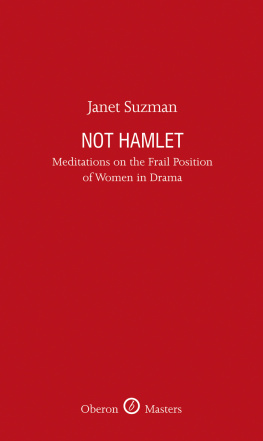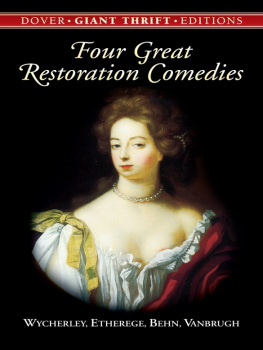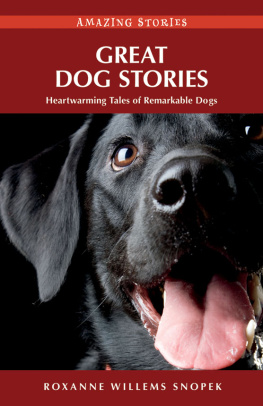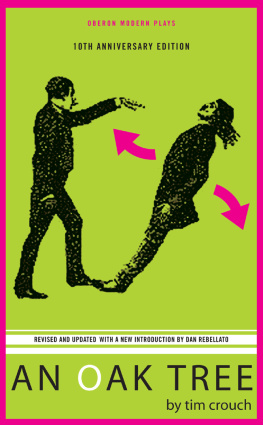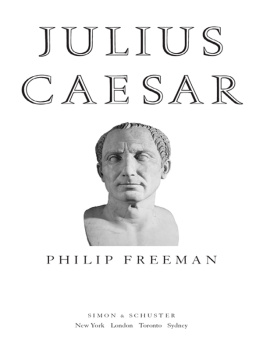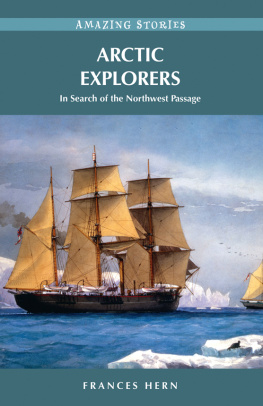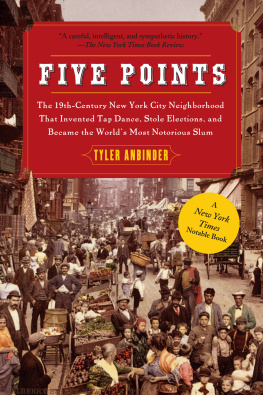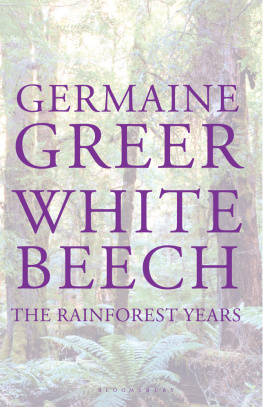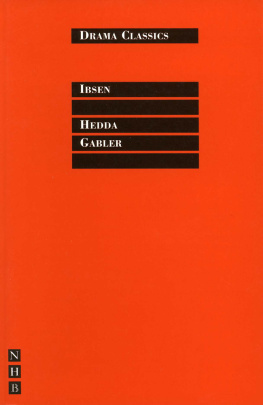NOT HAMLET
Janet Suzman
Not Hamlet
Meditations on the Frail Position
of Women in Drama
OBERON BOOKS
LONDON
First published in 2012 by Oberon Books Ltd
521 Caledonian Road, London N7 9RH
Tel: +44 (0) 20 7607 3637 / Fax: +44 (0) 20 7607 3629
e-mail:
www.oberonbooks.com
Copyright Janet Suzman, 2012
Janet Suzman is hereby identified as author of this work in accordance with section 77 of the Copyright, Designs and Patents Act 1988. The author has asserted her moral rights.
You may not copy, store, distribute, transmit, reproduce or otherwise make available this publication (or any part of it) in any form, or binding or by any means (print, electronic, digital, optical, mechanical, photocopying, recording or otherwise), without the prior written permission of the publisher. Any person who does any unauthorized act in relation to this publication may be liable to criminal prosecution and civil claims for damages.
A catalogue record for this book is available from the British Library.
PB ISBN: 978-1-84943-201-6
EPUB ISBN: 978-1-84943-601-4
Printed, bound and converted
by CPI Group (UK) Ltd, Croydon, CR0 4YY.
Visit www.oberonbooks.com to read more about all our books and to buy them. You will also find features, author interviews and news of any author events, and you can sign up for e-newsletters so that youre always first to hear about our new releases.
Contents
Acknowledgements
I HAVE PARTIALLY USED an interview reprinted from Playing Joan: Actresses on the Challenge of Shaws Saint Joan: Twenty-Six Interviews by Holly Hill, published by Theatre Communications Group, 1987, used by permission. I have interwoven thoughts on La Pucelle, Shakespeares Joan, which I played in Peter Halls quatercentenary season of The Wars of the Roses which launched the Royal Shakespeare Company. To Peter Halls brilliant pragmatism on the matter of verse, and to his inspired masterwork, the great cycle of seven history plays, I owe a huge debt of gratitude. I have long wished to say also that I have not known a better design to accommodate those histories, and I take this opportunity to salute the late John Bury: his mighty revolving periaktoi, sparking iron weaponry, gunked royal richness his whole inspired Gothic steel-mesh war-world sent scenes bowling along with a swiftness and economy never again to be emulated on a more cumbersome traverse stage.
In 1987, to celebrate the 150th anniversary of Ibsens birth, I was invited by Prof. Erroll Durbach at The University of British Columbia, Vancouver, to deliver a paper on Hedda Gabler, amongst a most distinguished company of Ibsenites. Amongst that scholarly array the only way to offer anything like an original viewpoint, it seemed to me, was to talk my way through the plays particularly dense dramatic underbrush as if in performance. I have used, with permission, most of this talk, but with alterations that render it both fresher and clearer on the page. I hope. And with a growing awareness that trying to describe performance is a fools game. The papers from that conference were published in Ibsen and the Theatre by Macmillan and permission is granted. A far shorter essay on Hedda appears in Blackwells Companion to Twentieth Century Theatre.
I have made comments on key moments in Antony and Cleopatra in notes to The Applause Shakespeare Librarys edition, edited by Barry Gaines, for which I wrote the textual commentary. However, I wish to further develop these into a cohesive argument for seeing Cleopatra as a far more interesting animal than is generally the case, and thereby also reassessing Antonys tragic pathway. To Trevor Nunn who started me off on this journey of giving the Egyptian Queen some wellie, my thanks, and I daresay that I am now the person in the world who knows her way around this play better than most having played it in both Stratford and London, filmed it for TV, and later directed it. Twice. Firstly at the Liverpool Playhouse in 2010, and then at the Chichester Festival Theatre in 2012. Both times with Kim Cattrall as Cleopatra. Antony was Jeffery Kissoon for Liverpool and then Michael Pennington. Irene Worth once confessed to me that the only regret in her professional life was not ever having played Cleopatra and that is our loss too.
It was the Hamlet I directed for the University of Cape Towns Baxter Theatre that suffered the fatal shock of losing its Guildenstern on Easter Sunday 2006 to a drugged and murderous pair of thugs. Brett Goldin, together with a friend of his, Richard Bloom, was abducted late on Saturday night and they were found shot the next day. Shot in cold blood, for no reason for Hecuba. Brett was so excited by his first trip overseas, and so longing to be playing in Shakespeares town. His Guildenstern was cheeky, vulnerable, troubled, and a lousy liar. Only Hamlet could have taken yet another death on board with such largesse, and allowed grieving room to its young cast while they valiantly continued to give the play the life Brett was denied. I am going to say here that I have not seen a pair of spies developing their individual differences so interestingly; those twinned eminences are usually indistinguishable one from tother. That this bright spirit could not come with us to The Swan to open The Complete Works Festival at Stratford-upon-Avon, was tragic, albeit nothing to his mothers loss.
I find myself often being fascinated with the more peripheral parts in Shakespeare though it has to be said Tom Stoppard already occupies this area uniquely and whether this interest is because I am a woman and super-aware of underdoggery, I am not sure. Suffice it to say that having once played both, I would recommend Celia over Rosalind as a forest companion. But here at Elsinore, I found that the weird journeys of both Gertrude and Ophelia began to fascinate. Hence their inclusion.
Prologue
W E CAN LEGISLATE in the workplace, in newly forged constitutions of newly freed nations, on corporate boards, in schools and on ships at sea wherever women need to be given a better chance to excel, but we cant do a damned thing about art. No legislation there other than not to curb it.
But as years roll on, you cant help noticing the unevenness of it all, and I dont think it is at all to do specifically with a womans talent for playwriting, its any talent male or female, and it just so happens that the most enduring roles for women have been written by men. There is an impressive scad of women playwrights hitting the boards with their work at present a good round dozen at the last count all of them prodigious, self-assured, brilliant and young. But like the Chinese man said about the French revolution, it is too early to tell. Tell what? Whether the work stands that old thing, the test of time.
Its high time that a young woman could say the following its Laura Wade who wrote Posh among other plays: theres no reason why the work we produce shouldnt be any less epic or political or brutal or beautiful than the stuff male writers produce We are coming into a world where the door is absolutely open.
I have high hopes royal power being a thing of the past that the domestic tragedy of a present-day Hedda will find in, say fifty years, it has lasted out the passing of fashions, fads, slang and popular faves-of-the-month to endure as the saga of an universal cross-cultural Everywoman. Or that a political leader, unlike poor Mrs Thatcher cast in amnesiac default mode so she wont seem too strong and frighten anyone, is given the full historical nation-changing treatment with nobs on. One of these young writers will have done that, impossible to say who, and still lots to come. But I bet what wont happen is a female dramatic character with a brain the size of Everest, a humour to match, and an unfolding story that has nothing to do with how she looks but only how she thinks and feels and reads the world.

